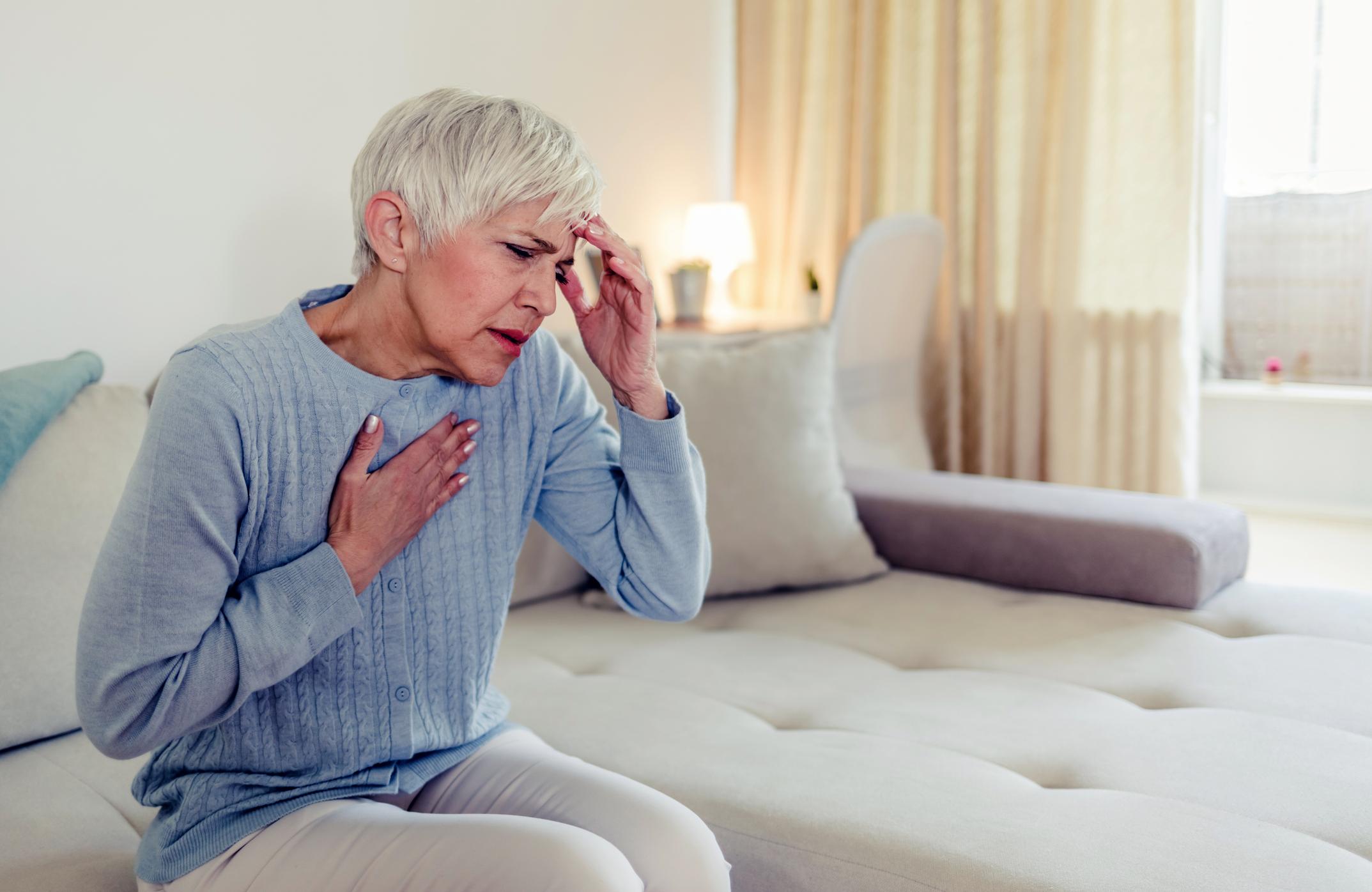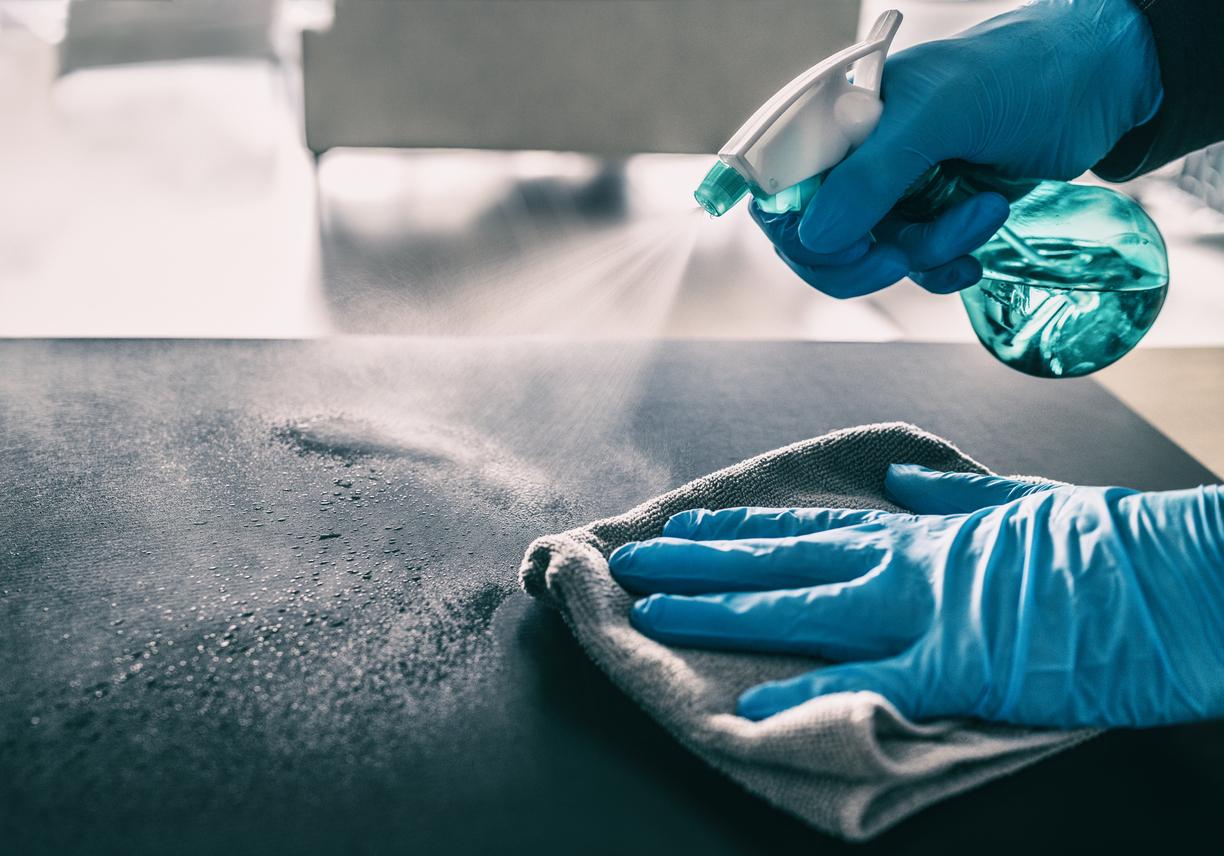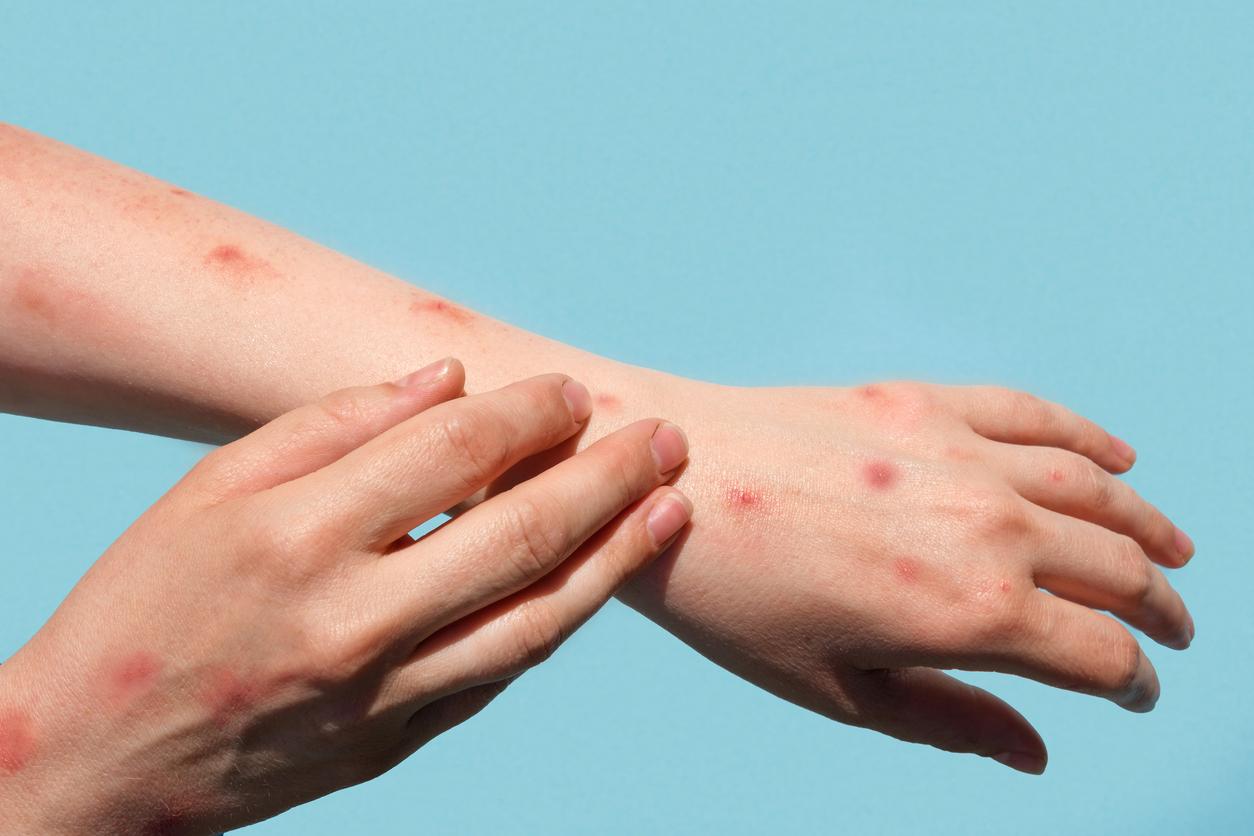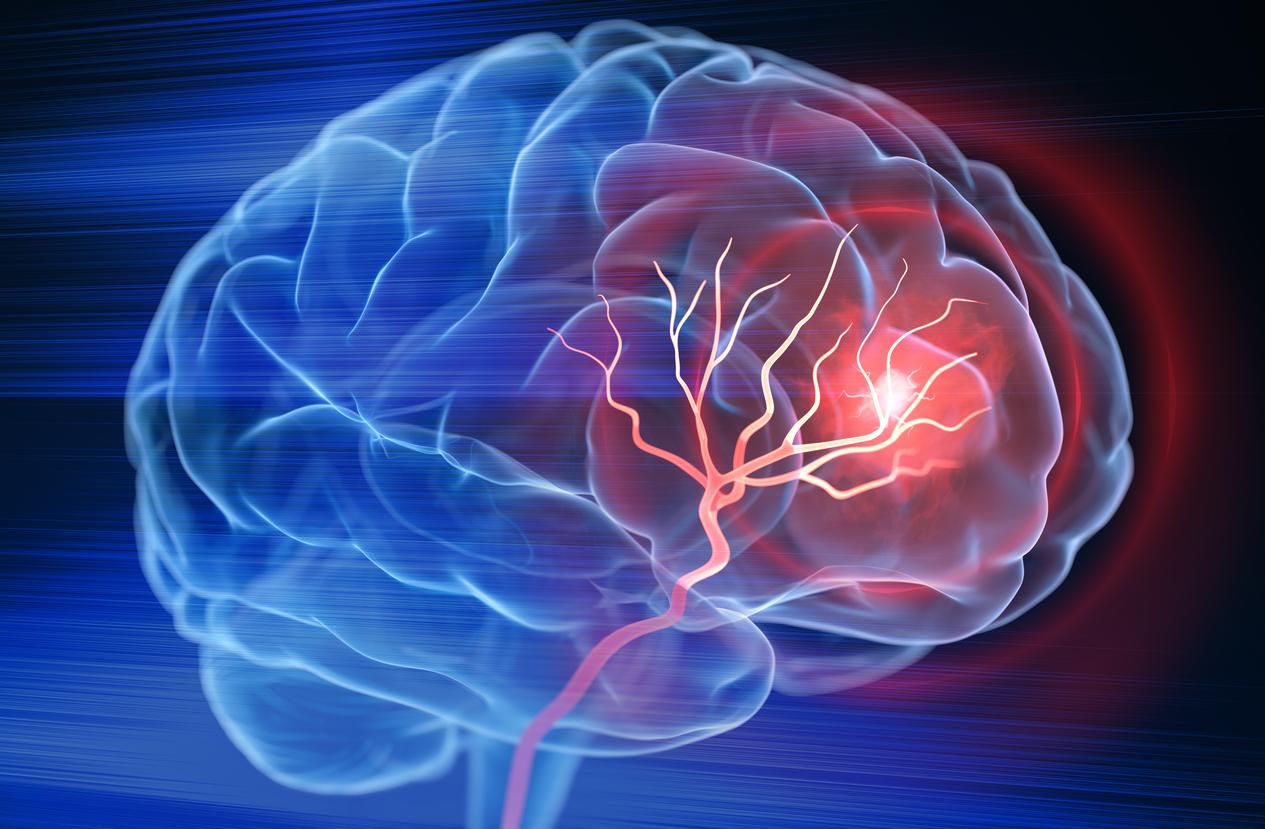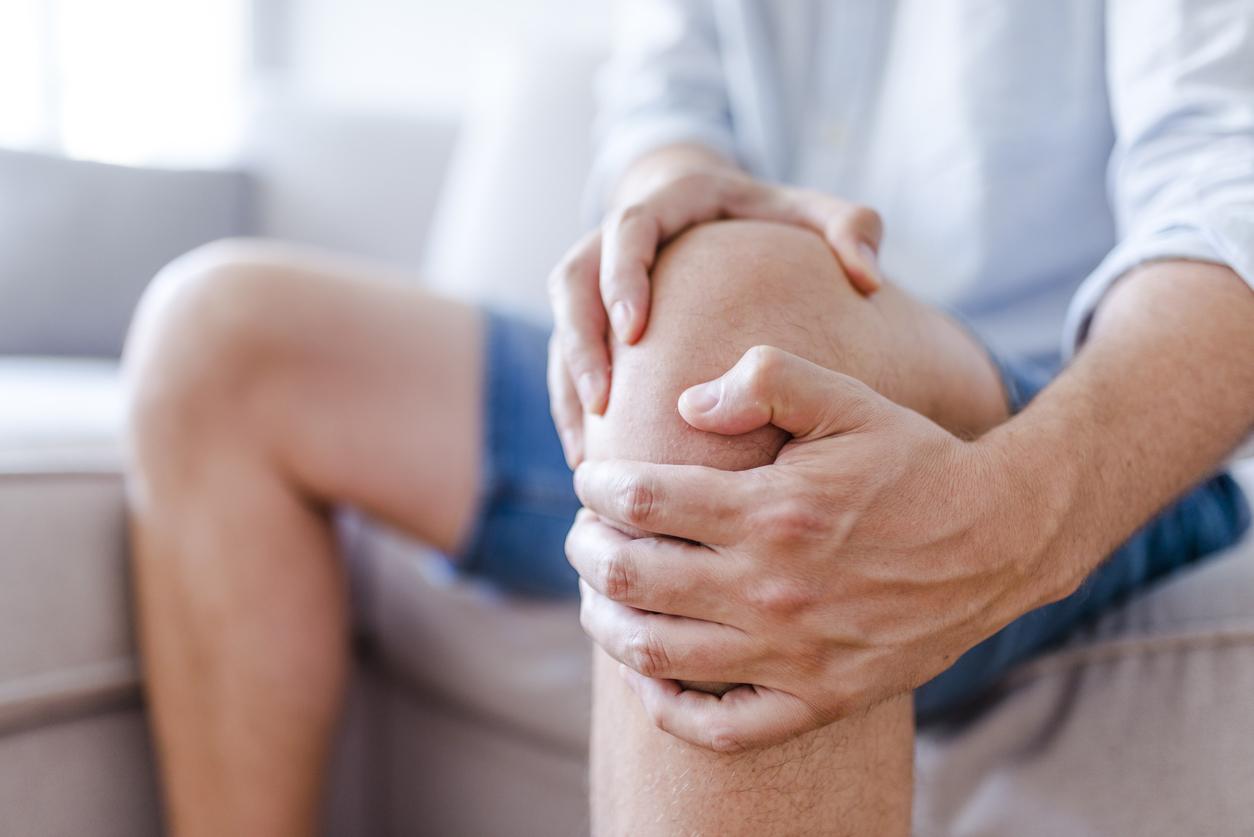On the occasion of World Stroke Day this Tuesday, October 29, various recommendations are issued to identify the signs of this stroke and reduce the risks of permanent brain damage.

- In France, nearly 140,000 people suffer a stroke each year.
- The signs of a stroke generally appear suddenly, and you must act quickly to limit the risk of permanent after-effects.
- Several healthy lifestyle rules help reduce the risk of stroke.
In France, a person suffers a stroke every four minutes, according to the National Institute of Health and Medical Research (Inserm). However, early diagnosis and treatment can reduce mortality by 30% and limit the disabling after-effects linked to this stroke. You must therefore be vigilant for several signs to recognize a stroke.
What are the warning symptoms of a stroke?
Every year, 140,000 people are affected by a stroke in France. In the event of a stroke, several manifestations occur suddenly, including:
- a deformity of the mouth;
- sudden weakness or numbness on one side of the face, which may result in not being able to smile or a drooping lip on one side of the face;
- loss of strength or numbness in the arm or leg;
- difficulty speaking or understanding.
When faced with signs suggestive of this pathology, it is recommended to contact 15 or 112 directly, in order to reduce the treatment time and limit the severity of the lesions.
While waiting for help, it is advisable to ensure the person’s comfort by helping them to sit or lie down. If the latter presents with disturbances of consciousness, you can place her in a lateral safety position. You should also not give him anything to drink, eat or administer any oral or injection medication. Ameli Healththe Health Insurance platform also recommends “note the time of onset of the first signs of stroke”because “this detail is important for future treatments”and also “group together if possible the prescriptions and the last blood tests carried out”.

How to prevent the risk of stroke?
In an interview given to France InfoProfessor Sonia Alamowitch, head of the cerebrovascular emergency department at Pitié-Salpêtrière in Paris (75), indicated that a “Strokes in four occur before the age of 65 and one in ten before the age of 50”, but that “we can reduce the risk by 80%” thanks to a good “hygiene of life”.
Diet is in particular a factor to which attention must be paid. A balanced diet consisting of white meats, fish, fruits and vegetables helps reduce the risk of stroke. We therefore avoid consuming excess red meats, cold meats or prepared meals rich in sugar, fat and salt.
Combined with a good diet, physical activity is also essential to preserve neuro-cardiovascular health. Traveling more regularly on foot, taking the stairs instead of the elevator, gardening or doing DIY work on a daily basis… These are simple habits to implement on a daily basis that allow you to act on the risks of stroke.
High blood pressure is a factor favoring the occurrence of stroke. “When the pressure is high in the vessels, it can either promote hemorrhage through rupture of the vessel (hemorrhagic stroke) or promote the formation of atherosclerotic plaque which will block the vessel and cause a cerebral infarction (ischemic stroke)”, note Bicêtre Hospital. It must therefore be detected and treated to prevent the risk of stroke.










